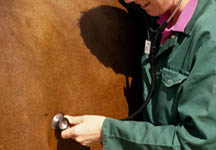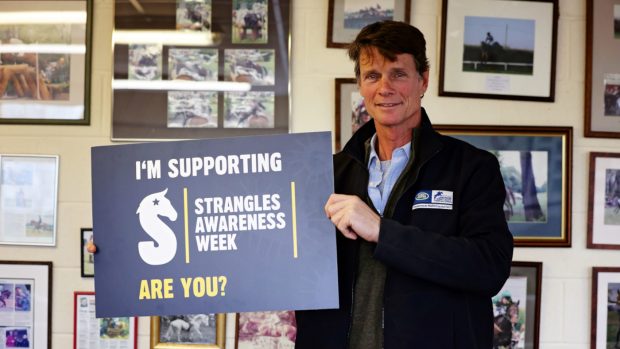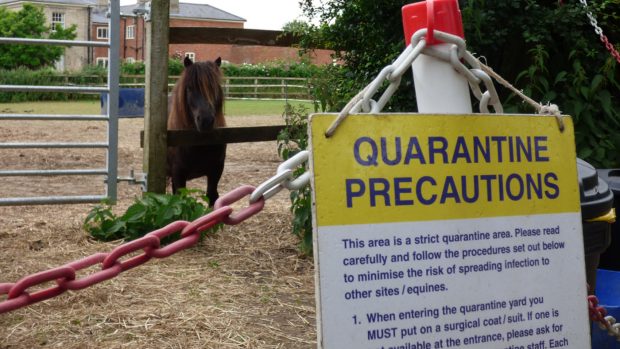Leading vets are calling for increased surveillance of equine diseases in the UK — and for horse owners to be more vigilant.
Commenting on the cases of strangles in Newmarket, British Equine Veterinary Association’s (BEVA) Professor Josh Slater echoed the warning issued by Animal Health Trust (AHT) chief executive Dr Peter Webbon.
At the British Horseracing Authority (BHA) conference last month, Dr Webbon warned that the health of Britain’s horse population is in more danger from diseases such as strangles, equine flu and equine herpes virus (EHV) than exotics such as African horse sickness (AHS).
“We worry greatly about the massive impact exotic diseases would have if they arrived here, but it is easy to overlook what is on our doorstep,” Prof Slater said. “There are significant welfare and economic problems caused by non-notifiable diseases that are here now.”
As well as monitoring notifiable diseases, such as AHS and equine infectious anaemia (EIA or “swamp fever”), Defra currently runs a limited surveillance programme together with the AHT and BEVA.
Disease information is collated from 17 UK laboratories and published in quarterly newsletters by the AHT.
But Prof Slater called for the set up of a more comprehensive programme, similar to the monthly report on national disease trends among farm animals published by Defra for farmers.
For this article in full, see the current issue of Horse & Hound (26 March, ’09)
Read the latest veterinary equine news





